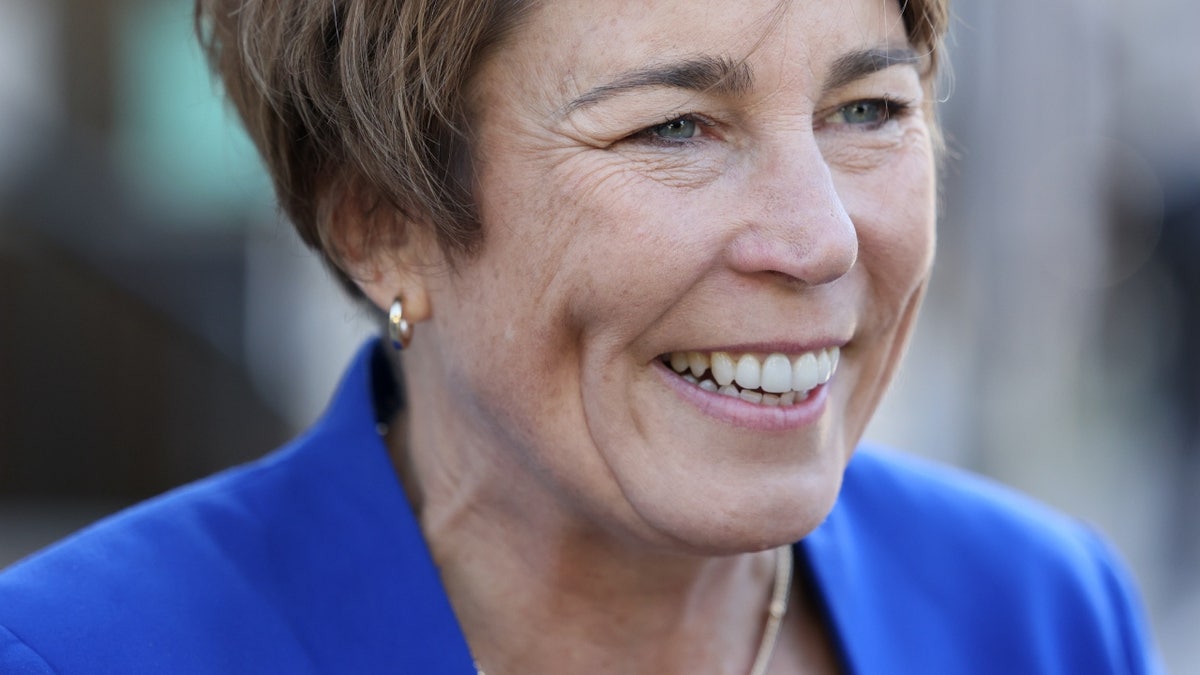Canada set to allow euthanasia for mental illness
Fox News medical contributor Dr. Marc Siegel weighs in on a new federal law that will allow mentally ill Canadians to request Medical Assistance in Dying (MAID) for mental illness on 'Tucker Carlson Tonight.'
The highest court in Massachusetts ruled Monday that the commonwealth's constitution does not protect doctors who prescribe a lethal dose of medication to terminally ill patients.
"Although we recognize the paramount importance and profound significance of all end-of-life decisions, after careful consideration, we conclude that the Massachusetts Declaration of Rights does not reach so far as to protect physician-assisted suicide," read the opinion from the Supreme Judicial Court of Massachusetts, which voted 4-2 against overturning the common-law prohibition against physician-assisted suicide.
"We conclude as well that the law of manslaughter may prohibit physician-assisted suicide, and does so, without offending constitutional protections."
EUTHANASIA PROGRAM IS WHAT HAPPENS WHEN AUTONOMY GOES NUTS: CHARLES CAMOSY

The court acknowledged the sensitive nature of the case, but maintained that the authority to overturn the law against physician-assisted suicide ultimately lies with the Massachusetts Legislature. (APCortizasJr via Getty Images)
The court acknowledged the sensitive nature of the case, but maintained that the authority to overturn the law against physician-assisted suicide ultimately lies with the Massachusetts Legislature.
The court also said there is a difference between a patient who refuses medical treatment or food, and a suicide that is aided by a physician, saying "whereas withdrawing or withholding medical care is not the primary cause of a patient’s death, physician-assisted suicide is."
The office of state Attorney General Maura Healey, which argued the case on behalf of the state, agreed that the contentious issue should be addressed in the Legislature.
"Our office understands the complexities of end of life care," the attorney general's spokesperson Jillian Fennimore said in a statement. "We are pleased that the Court has affirmed our position that the Legislature is the most appropriate place to have a discussion about this important public policy issue. AG Healey has said she supports legislative action to allow medical aid in dying, provided it includes sufficient safeguards for both patients and providers."
CANADIAN RELIGIOUS LEADERS SPEAK OUT AS COUNTRY SET TO ALLOW EUTHANASIA FOR MENTAL ILLNESS

A spokesperson for Massachusetts Attorney General Maura Healey said her office "understands the complexities of end of life care." (Boston Globe via Getty Images)
The case had been working its way through the courts since 2016 after being filed by Dr. Roger Kligler, a retired physician with stage 4 prostate cancer. He was joined by another doctor who did not want to be prosecuted on manslaughter charges if he assisted terminally ill patients with ending their lives.
Kligler was not pleased with the court's decision, saying that "people are going to die suffering because of this decision." The 70-year-old doctor said he is "not doing well" and suffers with "chronic pain," but vowed to continue fighting for the right to die as long as he can.
"I will continue urging lawmakers to respect the bodily autonomy of dying Massachusetts residents by passing the End of Life Options Act," he said.
CANADA EXPANDING ASSISTED SUICIDE LAW TO INCLUDE THE MENTALLY ILL, POSSIBLY ENABLE 'MATURE MINORS'

The doctor who brought the case was not pleased with the court's decision, saying that "people are going to die suffering because of this decision." (Aranga87 via Getty Images)
Massachusetts has seen more than a dozen bills attempting to legalize physician-assisted suicide, but none has succeeded with proceeding to a vote. Voters in the commonwealth refused to endorse a ballot measure in 2012 that would have permitted terminally ill citizens to obtain a lethal dose of drugs, a fact noted by the court.
"Patients should be able to trust their doctors to support and care for them," said Chris Schandevel, senior counsel for the nonprofit Alliance Defending Freedom, which filed an amicus brief in the case on behalf of Euthanasia Prevention Coalition. "Offering terminally ill or disabled patients a ‘quick exit’ through death-inducing drugs destroys that trust."
CLICK HERE TO GET THE FOX NEWS APP
Physician-assisted suicide is permitted in 10 states and the District of Columbia, according to the advocacy group Compassion and Choices.
The Associated Press contributed to this report.

